The 5 Biggest Long Term Travel Myths
Do you dream of travelling long-term, but are not convinced that the travel lifestyle is possible? After debunking these five massive touring myths, you’ll be ready to pack your bags and start living on the road.
Words and images by Grant & Linda from My Aussie Travel Guide
Want to find Australia's best free and low-cost campsites?
Save $149.90 for a limited time only with our Caravan & Camping Pack
Many of us long for that extended break where we pack up and head out for weeks or months, or perhaps a lap of the map that takes a year or longer. But if you’ve ever listened to anyone that said it’s too hard, too expensive or too risky, you’d never leave your driveway! Here are five myths we’ve busted to help minimise your costs and maximise your time, so that you can travel for longer.
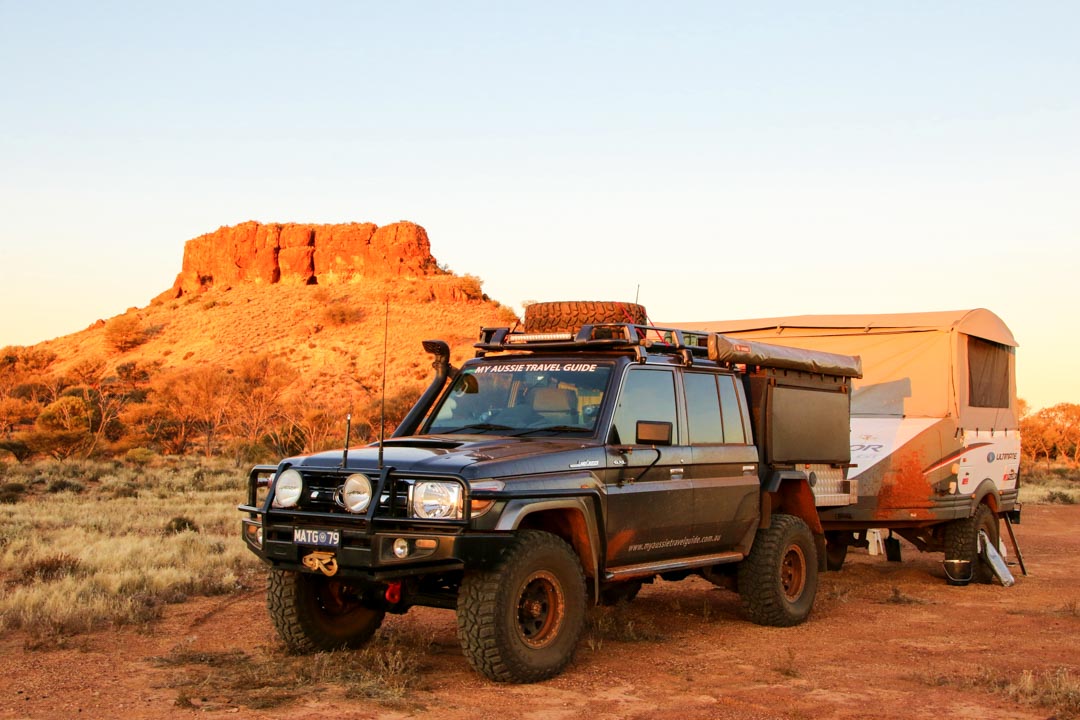 1. Daily living expenses are higher on the road
1. Daily living expenses are higher on the road
While there’s no denying you can use more fuel than you would in the daily nine-to-five treadmill, travelling wisely is all about how you manage your dollars. We’ve found if you drop into visitor centres that many towns offer discount vouchers for fuel, attractions and bundling your stay at a local caravan park. Finding ways like these to cut costs across the board not only dramatically reduces your daily expenses (even compared to your home life), but will also unveil new places and journeys you may not have considered.
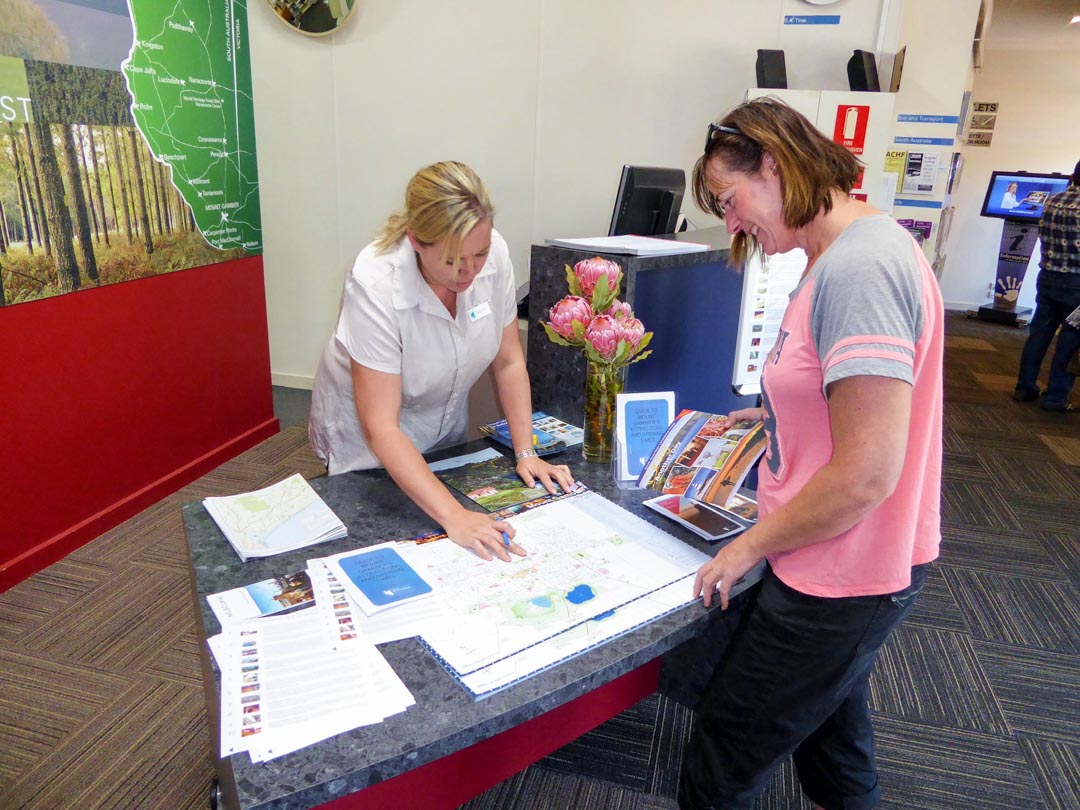 Also, if you’re thinking about travelling for a number of months, consider renting your home out during your absence – in the online age of home stays, this is a simple process and one that can generate passive income with minimal fuss.
Also, if you’re thinking about travelling for a number of months, consider renting your home out during your absence – in the online age of home stays, this is a simple process and one that can generate passive income with minimal fuss.
2. Touring accommodation is too costly
There’s no doubt accommodation costs can soon add up, especially if you simply stick to caravan parks. However even if you’re not set up to consistently free camp, you can still mix a free camp in with a couple of nights on a powered site to easily cut your accommodation spend.
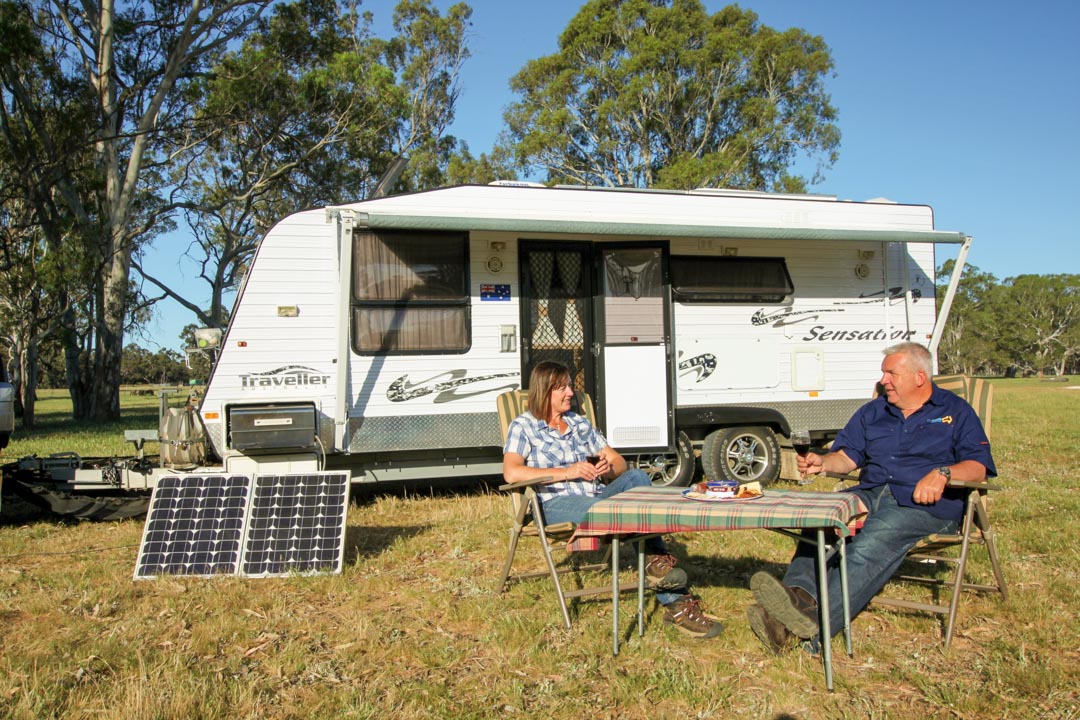 Always doing plenty of research should never be underestimated, as many parks will provide discounts during non-peak times (while you can find those cheaper places to camp by using GPS units that have this feature built in). Another option that’s more common than many would think is house sitting, as home owners will offer free accommodation in return for short term caretaking. So essentially, if you plan well, you’ll find accommodation costs are affordable; spread that over the course of an eight-week trip, and your research and planning will invariably save you a great deal.
Always doing plenty of research should never be underestimated, as many parks will provide discounts during non-peak times (while you can find those cheaper places to camp by using GPS units that have this feature built in). Another option that’s more common than many would think is house sitting, as home owners will offer free accommodation in return for short term caretaking. So essentially, if you plan well, you’ll find accommodation costs are affordable; spread that over the course of an eight-week trip, and your research and planning will invariably save you a great deal.
3. Jobs are too hard to come by when travelling
This one couldn’t be any further from the truth! There can be jobs galore if you’re prepared to try things you may have never considered in the past. Finding a town offering seasonal work might be right up your alley, and many places look for caretakers during off periods to allow their owners to take a break. Having a qualification of some sort in the hospitality industry is also worthwhile, and if you’re prepared to learn some new skills and give it a go, you could just find your working calendar is full, and you’ll want to go home for a holiday!
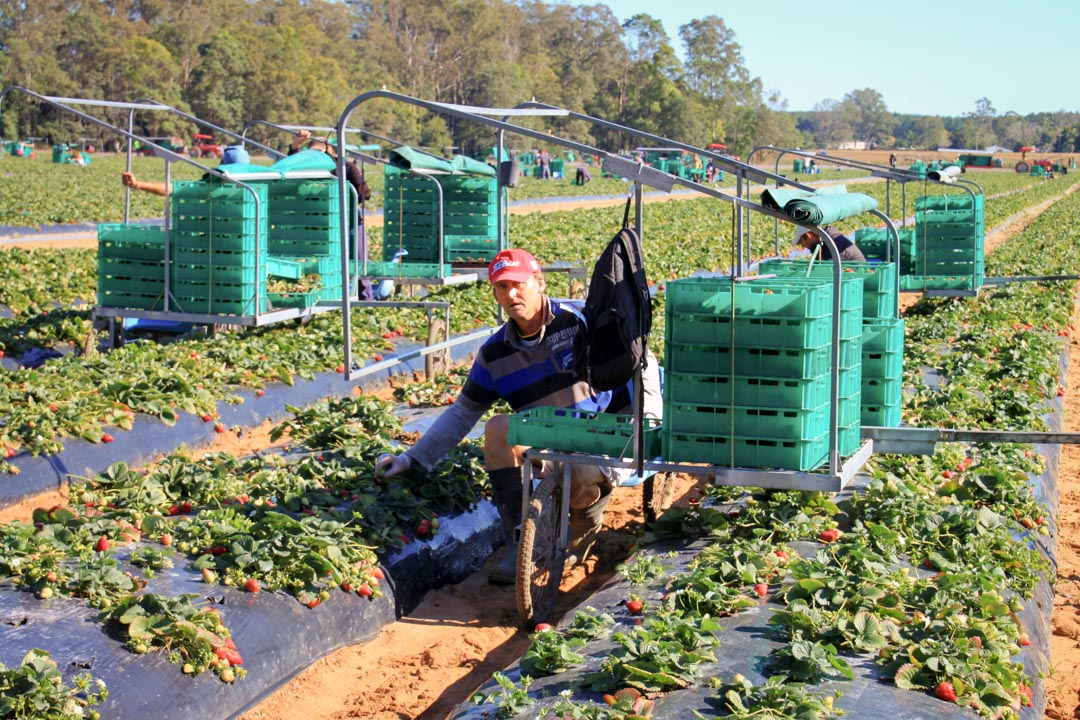 4. Chores are too time-consuming on the road
4. Chores are too time-consuming on the road
To the uninitiated, touring makes your daily chores more time consuming and more difficult to accomplish than they are at home. Contrary to this thought though, having a steady routine on the road can actually make your day-to-day tasks easier than ever.
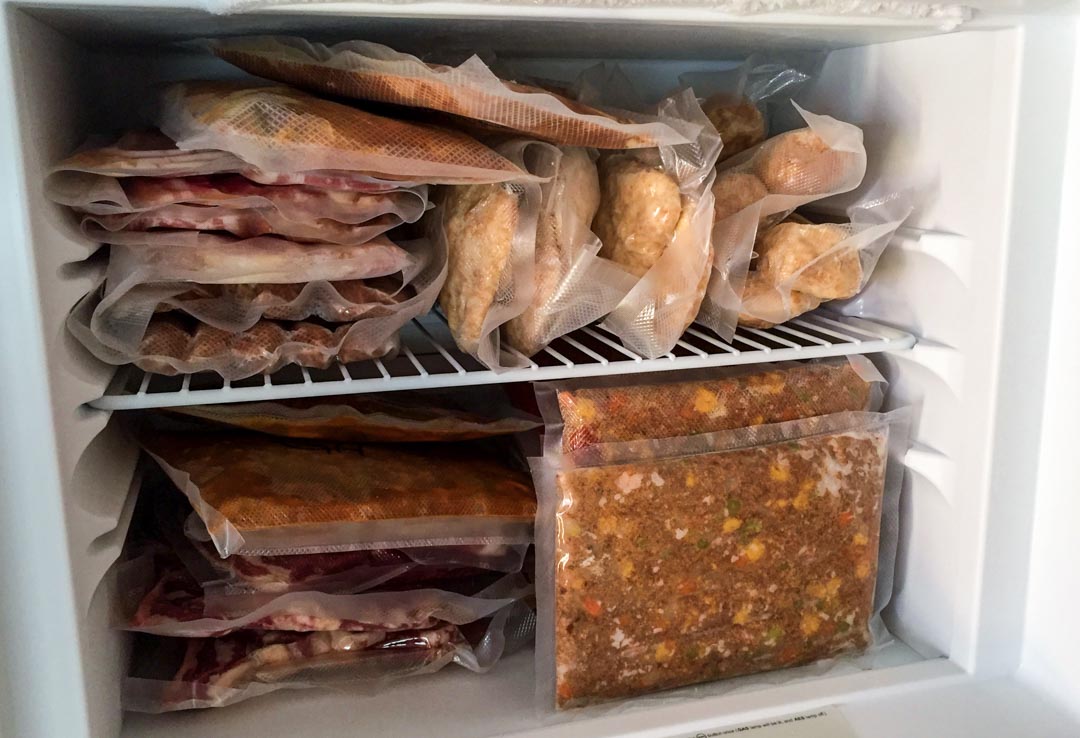 One way to do this is to set aside a day when you’re in a suitable location to do those weekly chores. Not only do you get a break from driving, but that day can be used to complete all those jobs for the week in just one day: laundry, cleaning, meal preparation and more. Simply preparing a week’s worth of meals is not only cost effective, but also means you’re not having to cook meals from scratch every night. Here’s another expert tip: aim to buy local produce that’s in season, and it will stretch your budget further while supporting the local area.
One way to do this is to set aside a day when you’re in a suitable location to do those weekly chores. Not only do you get a break from driving, but that day can be used to complete all those jobs for the week in just one day: laundry, cleaning, meal preparation and more. Simply preparing a week’s worth of meals is not only cost effective, but also means you’re not having to cook meals from scratch every night. Here’s another expert tip: aim to buy local produce that’s in season, and it will stretch your budget further while supporting the local area.
5. You’re at risk of falling off the grid
In today’s digital age, there are so many ways to stay in contact with people all over the globe. For mobile service, look for providers that have greater coverage around Australia. Also check whether they offer off-peak packages where call costs and data usage is cheaper - perhaps consider even adding an aerial and a booster to improve phone reception in inconsistent areas.
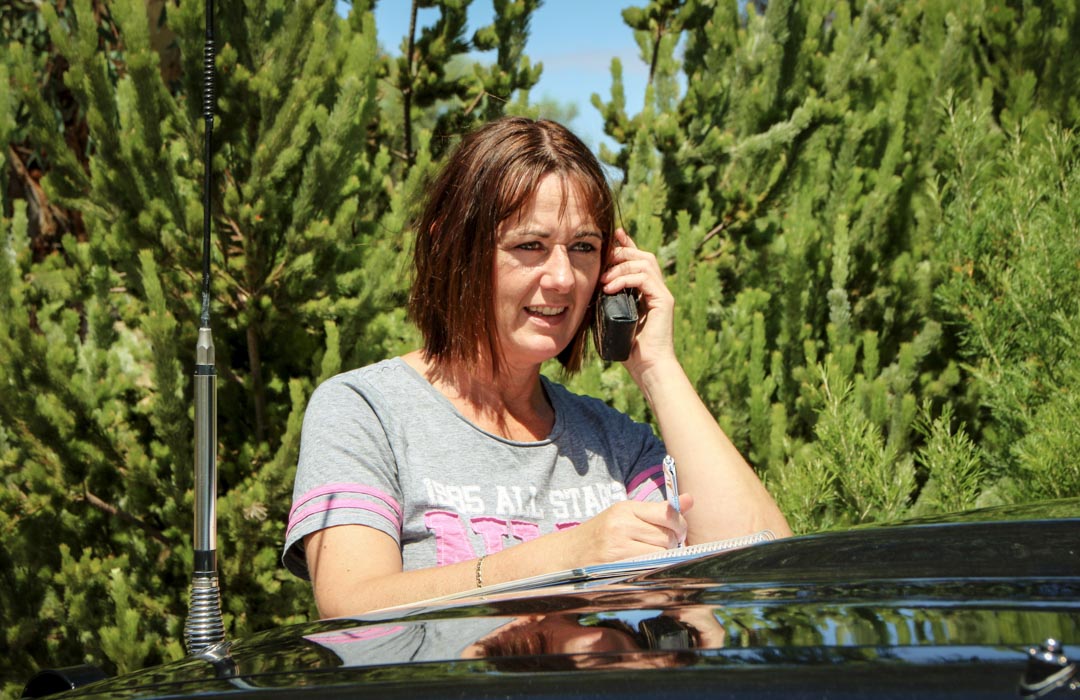 When travelling to remote regions where mobile service is non-existent, consider travelling with a satellite phone. There’s a range of providers that offer a variety of packages, so do plenty of research to work out the best option for you. A personal locating beacon (PLB) is also useful for anyone wanting to travel remotely. While some models are purely to notify emergency responders of your location, other devices allow you to keep in touch with family and friends to let them know you’re ok. Depending on your length of travel, it could be more cost effective to hire either a satellite phone or PLB rather than purchasing them outright.
When travelling to remote regions where mobile service is non-existent, consider travelling with a satellite phone. There’s a range of providers that offer a variety of packages, so do plenty of research to work out the best option for you. A personal locating beacon (PLB) is also useful for anyone wanting to travel remotely. While some models are purely to notify emergency responders of your location, other devices allow you to keep in touch with family and friends to let them know you’re ok. Depending on your length of travel, it could be more cost effective to hire either a satellite phone or PLB rather than purchasing them outright.
Finally, when it comes to long term travel the biggest mistake anyone can make is to think they can’t afford the time or the costs. The secret is to do plenty of research, make a plan, and learn from others more experienced than you. So, what are you waiting for? We hope to see you around a communal campfire one day.
Cheers,
Grant & Linda
My Aussie Travel Guide







0 comments